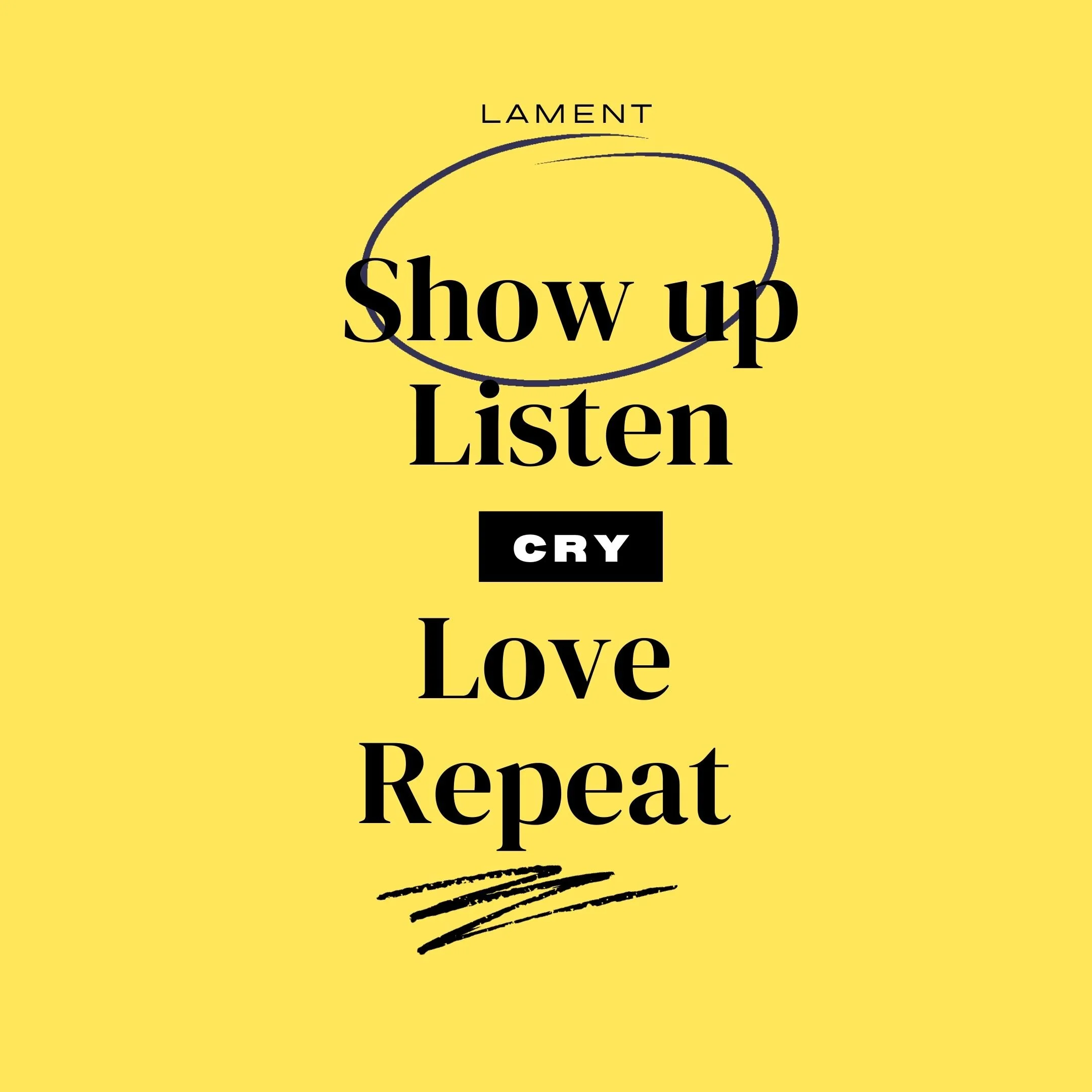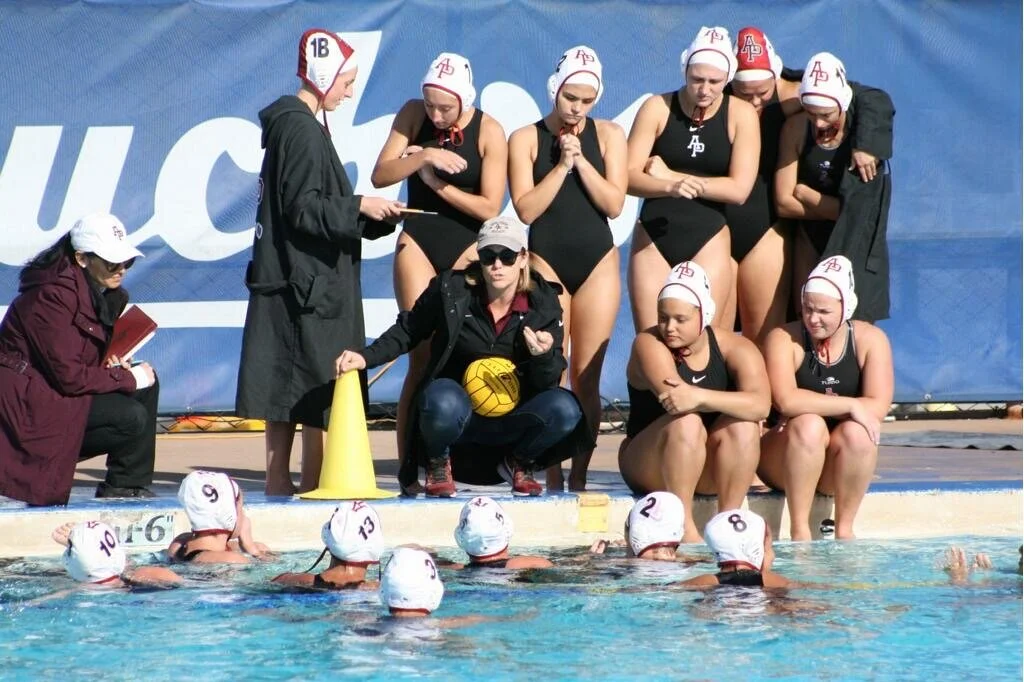"Make Good Choices!"
/This is a simple phrase I find myself saying a lot. Sometimes it comes out as a stern parental reminder when I finish a conversation with my young boys after stopping them (or failing to stop them) from pummeling each other. Sometimes it comes out as a lighthearted, yet serious reminder to my athletes on a Friday going into a competition free weekend or a vacation period. Sometimes I just say it to remind myself and others that our choices matter.
Sometimes choices feel huge, and sometimes feel insignificant, yet sometimes it the small seemingly insignificant choices that add up to make an exponential difference. But how do we make good choices when the motivation isn’t there? How do we make good choices when our emotions tell us otherwise?
I recently talked to someone who is not a goal setter in the traditional sense. He is a young man in his late twenties who has a very steady personality. He said, “I don’t really see the purpose in setting goals, because if I just do the right things everyday, the goal will take care of itself.” He kept telling me how he chooses to go for a walk even when he doesn’t feel like it. He said, “I know it's good for me, and if I just keep doing the right things everyday then I will be walking with strong, old-man chicken legs at 92! But it’s like that with everything.” I mean, you gotta hand it to him, he’s got some long term vision. I sat with a smile enjoying the differences in our way of processing our daily choices. In contrast, I am a person that needs much faster return on investment with the reasons I use to motivate myself. To walk or workout when I don’t want to, I tend to remind myself that I will be more patient with my kids and have better energy TODAY if I just get on the bike, go for a walk, take 20-30 minutes to move. Of course I also want to be healthy in my older years and see my grandchildren grow up, but that is not super motivating for me on a daily basis. I need short term goals beyond life rhythms to sustain long term change. I see life as goals, he sees life as rhythms. We need them both in many ways.
Making good choices is a daily struggle, and it is important to remember that there is a time for everything: A time to work, a time to rest; a time to spend, a time to invest; a time to say yes, and a time to say no. In order to know how to make the better choice for each moment it is helpful to know how we are wired, what we value, what our vision for our life looks like, and what is needed.
How we are wired
There are many personality profiles in the modern world today, over 600 of them in fact, and while none of them tell you everything about yourself, they can be very beneficial. A personality profile can help you gain personal understanding into how you work, what motivates you, and what you may need more or less of in your life. Each assessment or profile has its strengths, and purposes, but you can take away something from any of them if you place yourself in a learning posture. With teams I like to use the CoreStrenghts assessment because it not only looks at personal motivation and how people respond in conflict, it has a major impact on relational intelligence and learning how to communicate with others. I also like Culture Index when it comes to understanding traits that are more heavily wired in each person beyond their chosen behaviors. Behaviors change, so behavioral based tests like MBTI and Disc tend to have a great deal of variation. The Enneagram is also making another comeback and becoming more widely discussed and used again. There are many free and not so free resources you can choose from, so I encourage you to check one out.
What we value
We have values whether we are aware of them or not, and there is a hierarchy to our personal values. If you do not know your values, you can learn to recognize a value is being infringed upon when you sense internal tension, anger, defensiveness, pain, or many other emotions. Emotions are an indicator that something important is being disrupted. On a surface level, we can both value hard work and family. But let's look at the order of those values. If I actually value family above hard work, I will make vacation (or family time in some way) a priority and learn how to, or even look forward to not checking emails while I am with them. But if I value hard work just above family, it may be because without hard work I don’t see how you can value my family, vacations might be something I don’t see as an option, they might be hard for me to take, or I could even scoff at them a little bit. I may see vacation as weakness, or irresponsible. Our values also guide us in the judgements we make of others. We often subconsciously think our ordering of values is the right one, and everyone else is wrong. So when we are able to list and order our values it can help us prioritize our choices and. help us feel confident in our “yes” or “no” for any number of things.
Vision for Life
Your vision for your life could be a feeling, a list of goals, deep desires, a picture, or an idea. It includes things beyond your career. It encompasses your whole being, your mission and purpose in this world, and how you want to walk that out in a healthy way. Creating a vision for our life does not happen overnight but it does end up happening whether we want it to or not. If we are not intentional about shaping our vision for our life, our circumstances, wounds, and failures will shape us. Now, let me be clear, our circumstances, wounds, and failures DO shape us no matter what, but when we are intentional about setting a vision for our life, it is our mind that takes captive those events and thoughts and orders them in a specific direction. We can only intentionally look beyond the hardships and failures to look to the hopes, dreams and the redemption. If you want to learn more about creating a vision for your life, I would encourage you to develop a relationship with a trained coach or process that can help guide you in that process and help you create accountability for yourself.
What is needed
Knowing what is needed is sometimes a luxury. There are so many events in this life that we simply do not know what is needed, but we try our best to show up anyway: death, loss, devastation, and pain in others are some of those spaces we may not know what is needed. When that happens we can be present, listen, and ask until we discover what is needed. But there are many places where we do indeed know what is needed. Sometimes simply asking yourself, “what is needed right now?” will give you the mental answer you may or may not want to embrace. If you know the answer and are having a difficult time following through, you may want to ask someone for some accountability or set up a structure that provides more accountability. What is needed will in-deed change in different seasons of your life. There will be times when you are more needed at home, even if you are still very needed at work and you will have to narrow down values, specifics, and actionable items.
I coach a college team, so my life is very seasonal. I also have many different roles as mom, wife, coach, pastor, and consultant. It is very easy to lose focus on what is important in any given area and throw my commitments around on a first come, first serve basis. However, when I do that I always end up unfulfilled and exhausted. To help me guide my choices I have actually created a spreadsheet to help me narrow down what I call “the vital few” for different times in the year. I assess this chart in the summer, fall, spring, and when there are major transitions in either family or work. It would take a little time to explain in a blog, but if you are interested I would be happy to share my template with you if you just email me at julie@alignandcultivate.com. Just ask me for the “Vital Few” worksheet. I have found this tool helpful in setting expectations and helping me clarify the choices I need to make in that specific season.
I want to encourage you today to look into your wiring, values and vision for your life to help you learn what is needed to “Make good choices” in your life today.













Learning is living and I like living, so I admit I will always be in process. Here is a little something I am learning this week.